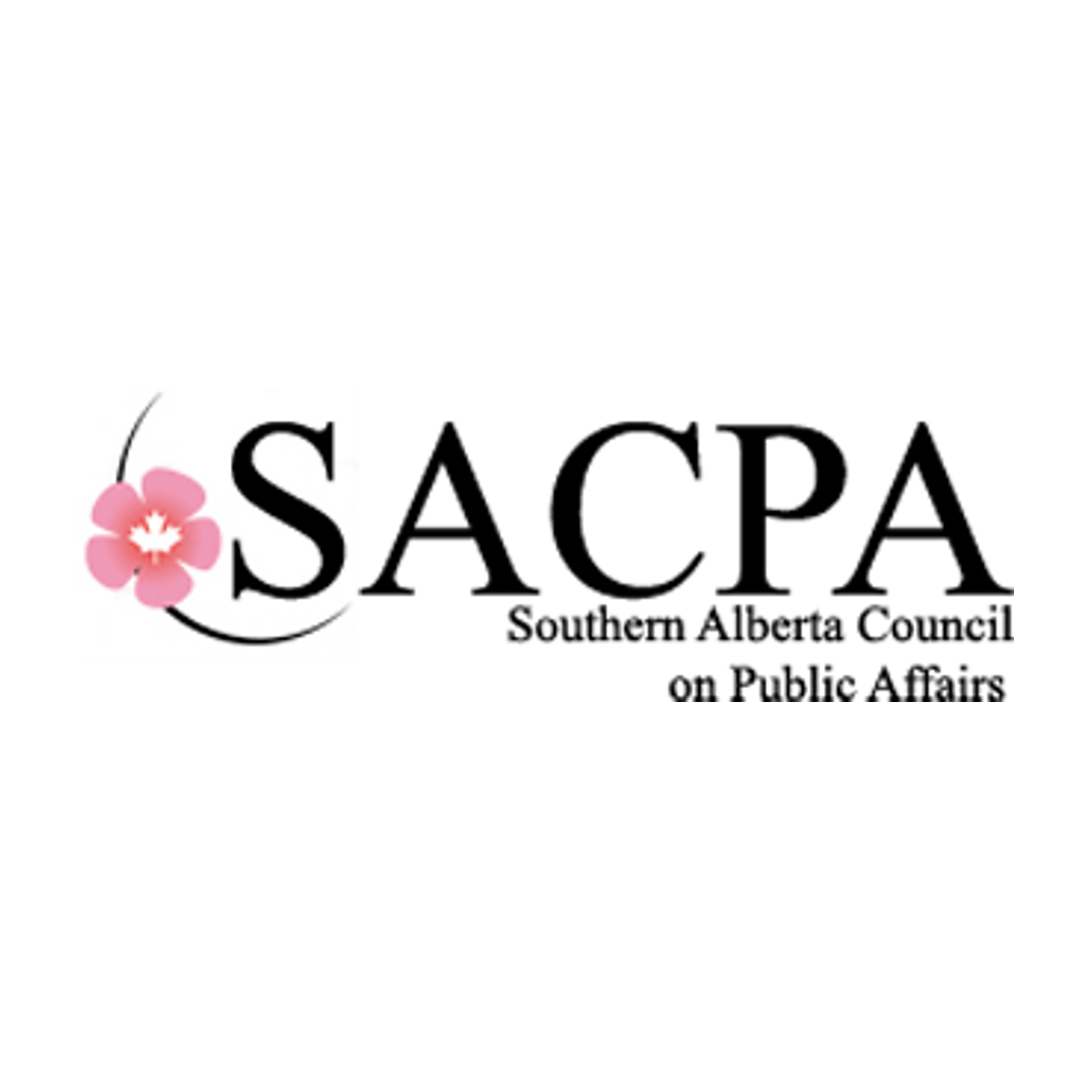- Culture
- SEE MORE
- classical
- general
- talk
- News
- Family
- Bürgerfunk
- pop
- Islam
- soul
- jazz
- Comedy
- humor
- wissenschaft
- opera
- baroque
- gesellschaft
- theater
- Local
- alternative
- electro
- rock
- rap
- lifestyle
- Music
- como
- RNE
- ballads
- greek
- Buddhism
- deportes
- christian
- Technology
- piano
- djs
- Dance
- dutch
- flamenco
- social
- hope
- christian rock
- academia
- afrique
- Business
- musique
- ελληνική-μουσική
- religion
- World radio
- Zarzuela
- travel
- World
- NFL
- media
- Art
- public
- Sports
- Gospel
- st.
- baptist
- Leisure
- Kids & Family
- musical
- club
- Health & Fitness
- True Crime
- Fiction
- children
- Society & Culture
- TV & Film
- gold
- kunst
- música
- gay
- Natural
- a
- francais
- bach
- economics
- kultur
- evangelical
- tech
- Opinion
- Government
- gaming
- College
- technik
- History
- Jesus
- Health
- movies
- radio
- services
- Church
- podcast
- Education
- international
- Transportation
- Other
- kids
- podcasts
- philadelphia
- Noticias
- love
- sport
- Salud
- film
- and
- 4chan
- Disco
- Stories
- fashion
- Arts
- interviews
- hardstyle
- entertainment
- humour
- medieval
- literature
- alma
- Cultura
- video
- TV
- Science
- en
Is Science to be Trusted? (Part 2 Q&A)

b'Science and its technology spin-offs are only four hundred years old. The process of science has evolved into the best method to satisfy our curiosity and understand our world. Our questions and answers are improving rapidly. Research and communication of results has become an important industry world-wide. \\n\\nScience is not based on belief, but rather on the process of gathering and interpreting data. \\nThere are many who benefit from the application of science in their day to day lives but distrust the evidence science provides on big topics such as evolution, global climate change and the harmful effects of various contaminants or substances (e.g. tobacco) on health. There are vested interests that cater to public doubt by controlling research and the release of evidence or by profiling results favourable to their interest while disputing overwhelming evidence to the contrary.\\n\\nKlaus Jericho, a research scientist for over three decades, will reflect on the integrity and limitations of science. The scientific process by its very nature is self-critical. Although it is a relentless search for better and better evidence for truth, it is also a continuous search for error in conclusions. How can we be intelligent consumers of the evidence science provides on how our world works?\\n\\n\\nSpeaker: \\tKlaus Jericho\\n\\nKlaus Jericho (DVM, PhD) was a research scientist for thirty years with the Canadian Food Inspection Agency and five years with Health Canada before retiring in 2000. He has a keen interest in the role science plays in society and control of our world.\\n\\t\\t\\nModerator:\\tJames Moore\\n\\nDate:\\t\\tThursday, November 22, 2007\\n\\nTime: \\t\\tNoon - 1:30 PM\\n\\nLocation: \\tEricksen\\u2019s Family Restaurant (lower level of The Keg)\\n\\t\\t1715 Mayor Magrath Dr. S.\\n\\nCost:\\t\\t$10.00 (includes lunch)'